Cholesterol, alongside fat, has been the most vilafied dietary evil among health gurus, government officials, dieticians, and doctors.
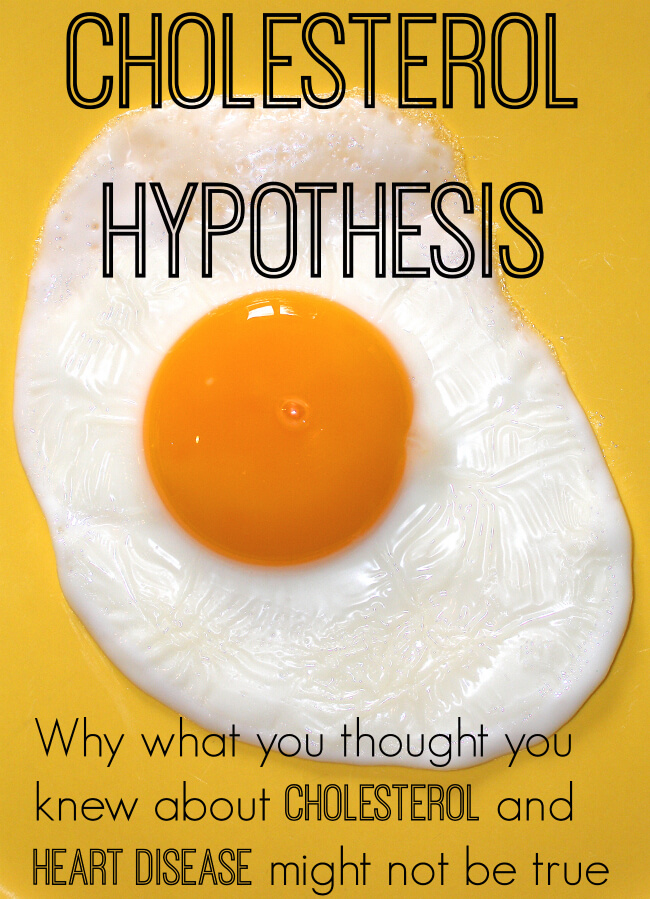
The vilification of cholesterol began in the 1950’s when a man by the name of Ancel Keys completed a series of studies which supposedly showed a direct correlation between heart disease and fat intake. This is commonly known as the lipid or cholesterol hypothesis. Conventional wisdom says: the more saturated fat you eat, the higher your cholesterol levels will be, which in turn results in gunked up arteries, which leads to heart disease.
Ancel Keys collected data and plotted statistics from six countries, showing a direct coorelation between fat intake and rates of heart disease (see picture below on the left). But, the information not shown to the public is more eye-opening than what Keys did show to the public. Keys had data from 22 countries, but because there was not a nice plot line with all 22 countries, he cherry-picked just the data that supported his hypothesis (see below picture on the right). When you see the data plotted from all of the countries, you see there is no correlation at all. The data is all over the board.
The Framingham Study
In 1948 the groundbreaking Framingham Heart Study, embarked on a 50-year journey to begin identifying cardiovascular disease risk factors. The original cohort consisted of 5,209 men and women between the ages of 30 and 62. This study gave us much important information. (In large part, due to this study we now know that smoking and high blood pressure impact our health.)
After 16 years of study, the Framingham researchers reported that those who developed heart disease had an 11% increase in cholesterol. In 1987 a new report was issued – a 30 year follow-up to the Framingham study . The Framingham researchers discolsed that there was a coorelation between cardiovascular mortality and elevated cholesterol for those under age 50, but no coorelation for those over age 50. In fact, they have found that in individuals over age 50 there is an inverse coorelation. That means, for those in the 50+ crowd, as cholesterol decreases your risk of dying from heart disease and other diseases increases (bet your doctor didn’t mention that to you)!
“After age 50 years there is no increased overall mortality with either high or low serum cholesterol levels. There is a direct association between falling cholesterol levels over the first 14 years and mortality over the following 18 years (11% overall and 14% CVD death rate increase per 1 mg/dL per year drop in cholesterol levels).” 1
Additional Evidence against the Cholesterol Hypothesis
There has been continued evidence2 that heart disease simply can not be predicted by looking at a simple lipid profile. Take for instance the Japanese people of Okinawa. They are among the healthiest individuals in the world: this population has extremely low rates of heart disease. Guess what? They tend to have what many researchers would consider high cholesterol levels.
Almost 75% of individuals suffering a heart attack for the first time have cholesterol levels that fall within the “normal” range.3
I believe from all of this information we can firmly argue (along with many researchers) that the standard lipid profiles really don’t tell us much of anything regarding cardiovascular health.
More posts to come
In the near future, we’ll be looking at some more interesting cholesterol topics including: why cholesterol really is a “good guy,” the science behind how cholesterol works, the cause of heart disease and the best tests to request from your doctor (hint: it’s not the standard lipid profile).
[youtube=http://www.youtube.com/watch?v=v8WA5wcaHp4]
. . . .
Related Posts
Why You Need Cholesterol and the Risks of Low Cholesterol
What is Cholesterol and Where Does it Come From?
When Good Cholesterol Does Bad Things

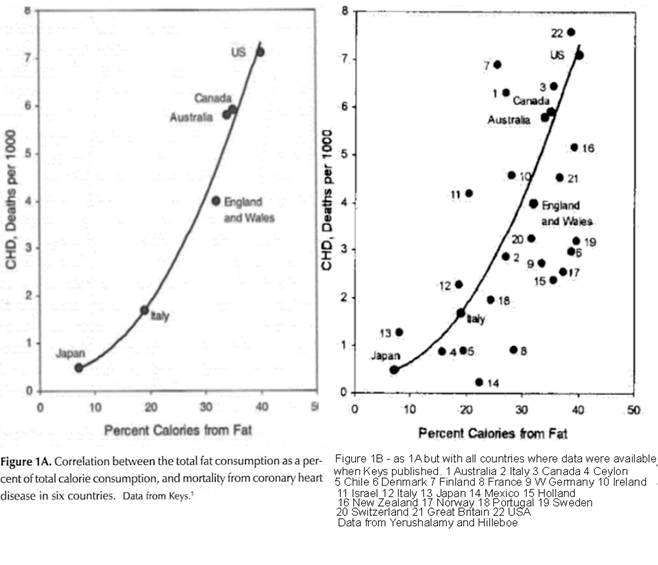
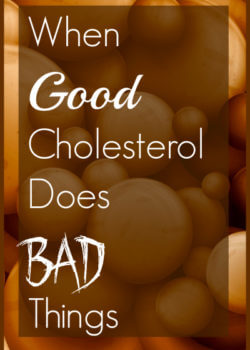
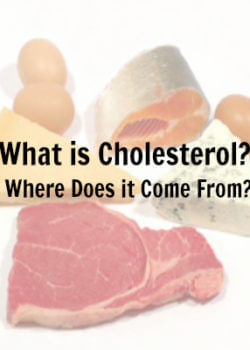
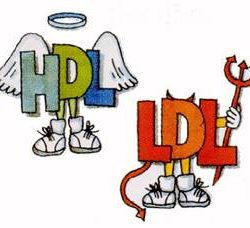
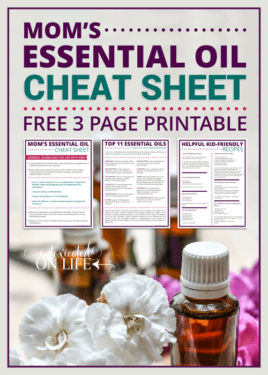

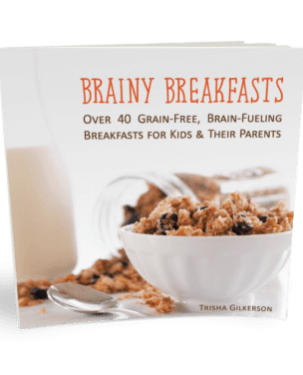

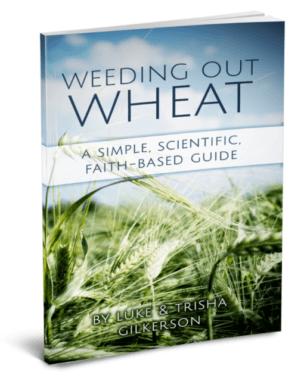

Exactly! Also let’s look at when heart disease really took hold. It’s when man added things like margarine, polyunsaturated fats that are rancid before you even eat them due to the process it takes to press them and the high temps, etc. Polyunsaturated fats are the real culprit as they make your veins “floppy” therefore making it easy for clots etc.
Very good point! Margarine, vegetable oil, and canola oil have all been banished from my kitchen. We focus on healthy fats including: coconut oil, butter, and soon when our pork is delivered I’ll be making my own lard from our pastured pig!
Yup! we have all been marketed to believe alot of things that are not true. I do not listen to any of it anymore. I do not read the claims made on labels. It makes me crazy how they can take a study and “make the data say anything they want it to”. Usually they make the data in their favor so that they can claim that their product is worth buying.
Yes! I eat real butter and lard! Much to the dismay of many of my freinds and family who have been trained to think that margarine and shortening are “good for you” I will stick to my guns about real food. I am doing much better since cutting out the crap that is marketed to us daily. I am eating food that occurs in nature and not in a lab. I am no longer a lab rat. I have broken free of them all.
Glad to hear you’re doing better since making some changes. I’ve just recently begun cooking with lard. I just rendered my own lard from the pastured pig we bought! I was so excited to get to render lard that I took pics all through the process and plan to write up a post on it soon 🙂
So much interesting infomation here. I look forward to your other cholesterol posts. Thanks for linking up to Make A Move Mondays!
I am a stroke survivor. When I had my third stroke, I lost control of half of my body. My doctor had been prescribing countless drugs which eventually drained my finances. It was a good thing that my daugther gave me a cell phone that had an access to the internet. So during my stay in bed I tried to search on the cause of my stroke and how to cure myself.
Later I found out that the effects of statin drugs. Promptly I stop using the drug. I started to follow the ketogenic diet there on.
Now I feel great and slowly regaining control on myself.
Thanks.
Thank you so much for sharing your story Leonardo. It’s so unfortunate that so many doctors prescribe statins so liberally with all of their negative health effects. I wish the medical industry did more on educating their patients on lifestyle changes that help to decrease inflammation. I pray you are able to rehabilitate to good health!
The text on this website was enjoyable and informative. In the section “Additional Evidence against the Cholesterol Hypothesis” the numbers “2” and “3” suggest there would be footnotes at the end of the text. Would you please email the two citations to me. Thanks very much.
Yes, I have a link at the bottom of the post that will take you to a page with all of the sources for this post. I hope that is helpful!
Thanks for the article,My Doctor is obsessed with the fact that my Cholesterol levels are very high ( I even took my husband with me because I don’t think she believes I eat salads every day I’ve reduced my cheese down to once a week,never eat chips,crisps, pies ,pastries,pop or cakes unless they are my natural fruit and nut cakes,eat meat once a week, eat gluten free pasta once a week and red ,brown or black rice once a week.I drink wine once a week.I fast walk 5/7 a week ,do weights and core excercises And my cholesterol is very high,I don’t know what I am supposed to do ,to get good blood results any ideas ?